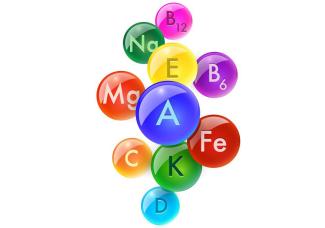In this section, you will find comprehensive information about vitamins and their essential roles in maintaining overall health. Explore detailed articles on the different types of vitamins, including water-soluble and fat-soluble varieties, their sources, recommended daily allowances, and the potential health benefits of each. We provide insights into how vitamins contribute to various bodily functions, the consequences of deficiencies, and tips for ensuring adequate intake through diet and supplements. Empower yourself with knowledge to make informed choices for your nutritional needs.
Jujubes, scientifically known as Ziziphus jujuba, and commonly referred to as Chinese dates or red dates, are small, sweet, and nutritionally rich fruits that originate from China and othe
Eggs are widely recognized as a highly nutritious and versatile food. They are a rich source of high-quality protein, essential vitamins, and minerals, all packed in a small, low-calorie package.
Cod liver oil is often associated with several potential health benefits, including those related to heart health, brain health, and skin health.
Cortisol, often referred to as the "stress hormone," plays a critical role in the body's response to stress and is essential for various physiological functions, including the regulation of metabol
Sleep apnea, a prevalent and potentially serious sleep disorder characterized by repeated interruptions in breathing during sleep, affects millions of individuals worldwide.
Vitamins are essential organic compounds that our bodies require in small amounts to function properly.
Vitamin D is an essential nutrient that plays a crucial role in maintaining good health. It is unique among vitamins because our bodies can produce it when our skin is exposed to sunlight.
A deficiency in folic acid, also known as folate or vitamin B9, can potentially contribute to or exacerbate symptoms of depression.
Egg production methods can vary significantly in terms of animal welfare, environmental impact, and the quality of the eggs produced.









